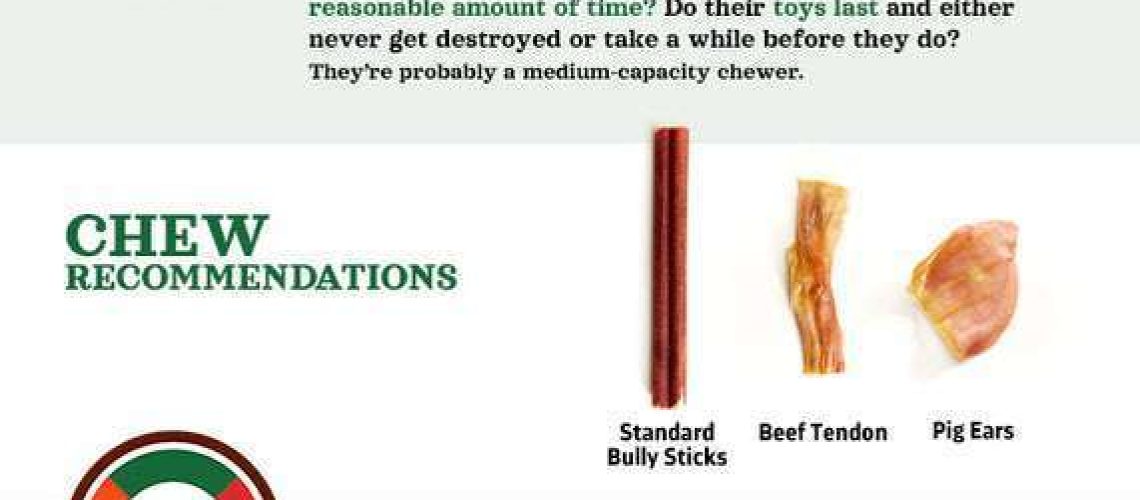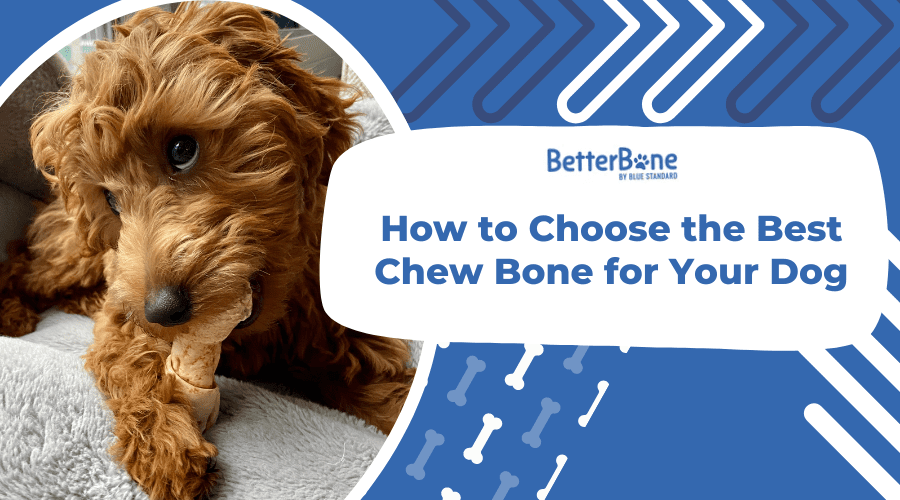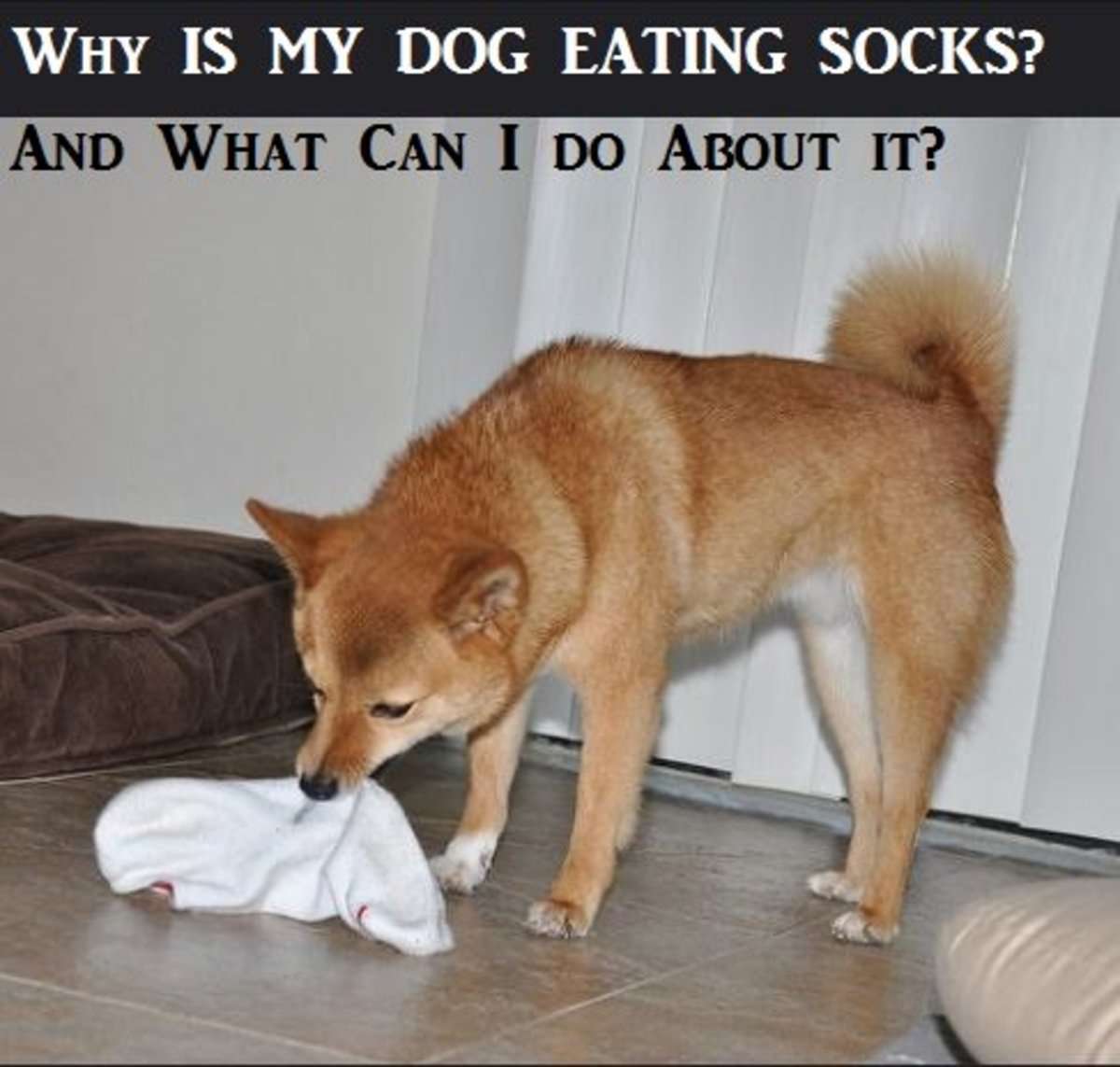Key Takeaways:
- Choose dog chews that are appropriate for your dog's size and chewing habits.
- Look for dog chews made from natural ingredients to ensure their safety and health benefits.
- Avoid dog chews that contain harmful chemicals or additives, as they can be detrimental to your dog's well-being.
- Regularly inspect and replace worn-out or damaged dog chews to prevent choking hazards or injuries.
- Consider consulting with a veterinarian to determine the best type of dog chew for your pet's specific needs and preferences.
Are you a dog owner who wants to keep your furry friend happy and healthy? Well, then you're in the right place! In this article, we'll explore the fascinating world of dog chews and why finding the best ones is crucial for your pup's well-being. Whether you have a chew-happy puppy or an older dog with dental issues, understanding the importance of choosing the right chews can make all the difference. Did you know that chewing not only keeps dogs entertained but also helps clean their teeth and strengthen their jaws? With so many options available, it can be overwhelming to figure out which chews are safe and beneficial for your canine companion. But fear not! We've got you covered. So sit back, relax, and get ready to discover the secrets to finding the best dog chews that will keep your furry friend wagging their tail with joy.
What are dog chews and why do dogs need them?
Dog chews are treats or toys that dogs can chew on. They come in different shapes, sizes, and materials. Dogs have a natural instinct to chew, and giving them appropriate chews can help satisfy this need. Chewing also provides mental stimulation for dogs and helps keep their teeth clean and healthy.
When dogs chew on the right kind of chews, it can help remove plaque and tartar from their teeth. This is important because plaque build-up can lead to dental problems like gum disease and tooth decay. Chewing also strengthens the jaw muscles of dogs, which is beneficial for their overall oral health.
How do dog chews help keep a dog's teeth healthy?
Dog chews promote good oral hygiene by scraping off plaque and tartar from the surface of their teeth. As dogs chew on these treats or toys, the rough texture helps remove food particles and bacteria that may be stuck between their teeth.
Chewing also stimulates saliva production, which has natural antibacterial properties that can help fight against harmful bacteria in the mouth. Additionally, some dog chews are designed to massage the gums, promoting better blood circulation in the gums and preventing gum diseases.
Things to consider when choosing the right dog chew for your pet
- The size of your dog: Choose a chew that is appropriate for your dog's size to prevent choking hazards.
- The durability of the chew: Consider how strong of a chewer your dog is and choose a durable chew that will last longer.
- The material of the chew: Different materials have different benefits. For example, rubber chews are great for teething puppies while dental bones can help clean teeth.
- Your dog's preferences: Some dogs prefer softer chews, while others enjoy harder ones. Take your dog's preferences into account when selecting a chew.
Different types of dog chews available in stores
There are various types of dog chews available in stores, each with its own benefits:
- Rubber or nylon chews: These are durable and can be filled with treats to keep your dog engaged.
- Dental bones or sticks: These are designed to help clean teeth and freshen breath.
- Natural chews: Made from animal products like rawhide, bully sticks, or antlers. They provide a long-lasting chewing experience.
- Edible chews: Treats that are safe for dogs to consume and come in different flavors. They can be easily digested by dogs.
How to make sure a dog chew is safe for your pet
It's important to ensure that the dog chew you choose is safe for your pet. Here are some tips:
- Avoid chews that are too small and could pose a choking hazard for your dog.
- Check for any sharp edges or parts that could break off easily and be swallowed by your pet.
- Choose chews made from high-quality materials that are non-toxic and free from harmful chemicals.
- Monitor your dog while they chew to make sure they don't swallow large chunks or pieces of the chew.
Ingredients and materials to avoid in dog chews
When selecting a dog chew, it's important to avoid certain ingredients and materials that could be harmful to your pet:
- Artificial preservatives, colors, and flavors: These additives can cause allergies or digestive issues in dogs.
- Rawhide chews: Some rawhide chews can be difficult to digest and may cause gastrointestinal blockages.
- Bones from cooked meat: Cooked bones can splinter and cause choking hazards or internal injuries.
Where to find reliable information and reviews on dog chews
If you're looking for reliable information and reviews on dog chews, there are several sources you can turn to:
- Veterinarians: Your veterinarian can provide expert advice on choosing the right dog chew for your pet's specific needs.
- Online pet supply stores: Many online stores have customer reviews and ratings that can help you make an informed decision.
- Pet forums and communities: Joining online communities of pet owners can provide valuable insights and recommendations from fellow dog owners.
In conclusion, finding the best dog chews is important for keeping our furry friends happy and healthy. By considering factors like size, material, and durability, we can choose the perfect chew that will satisfy our dogs' needs.
What is the best monthly chew for dogs?
NexGard SPECTRA simplifies parasite protection by offering a single monthly treatment that protects against fleas, ticks, mites, heartworm, and intestinal worms. What's great is that 100% of dog owners find it easy to administer to their pets.
What is the number one dog chew?
Bully sticks are a type of chew that are available in different sizes. They are made solely from beef, making them delicious and easily digestible. Unlike other chews, they do not splinter, ensuring safety. However, it is important to supervise your pet while they are chewing to prevent them from biting off too much, as this could pose a choking risk.
Should a dog have a chew every day?
What is the recommended frequency for giving my dog a chew? It is appropriate to give your dog a chew on a daily basis depending on the type of long-lasting chew you are providing. This information was last updated on June 9, 2020.
What is the best long lasting dog chew bone?
For those looking for durable dog treats, beef bones are an excellent choice. We highly recommend using fresh grass-fed beef bones as the top option, but if that is not available or if storing fresh bones is a challenge, dehydrated beef ribbers are a great alternative.
Can I give my dog a chew bone everyday?
The belief that dogs require bones to chew on is a misconception. Although dogs have a natural inclination to chew, bones can be hazardous and pose a risk of causing significant harm.
What do vets recommend for chewing?
Unless they are excessively weak, rubber chew toys are frequently considered the most secure choice for numerous dogs. The most excellent rubber chew toys are those that are sturdy enough to withstand vigorous chewing while also providing enough flexibility to prevent tooth damage.

















